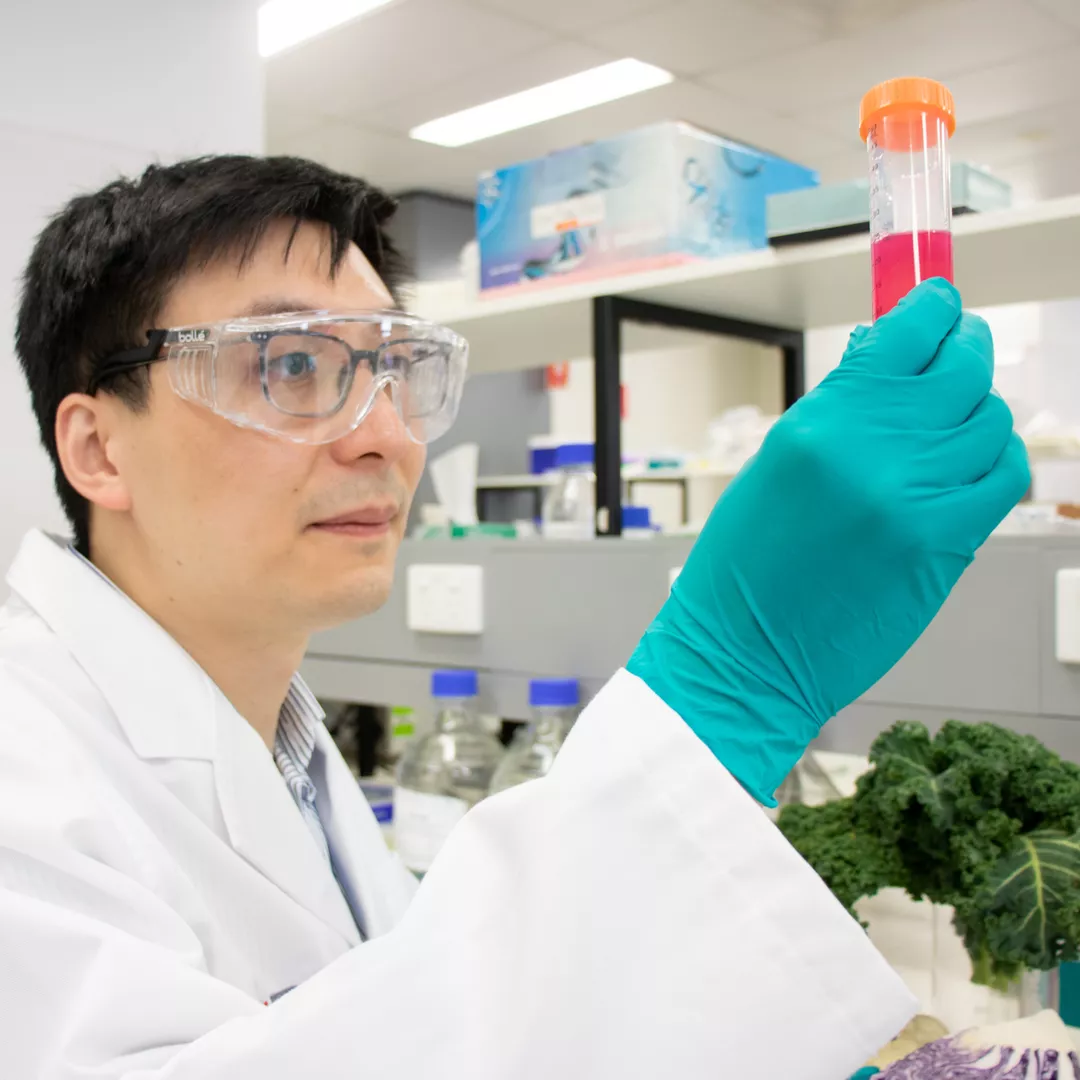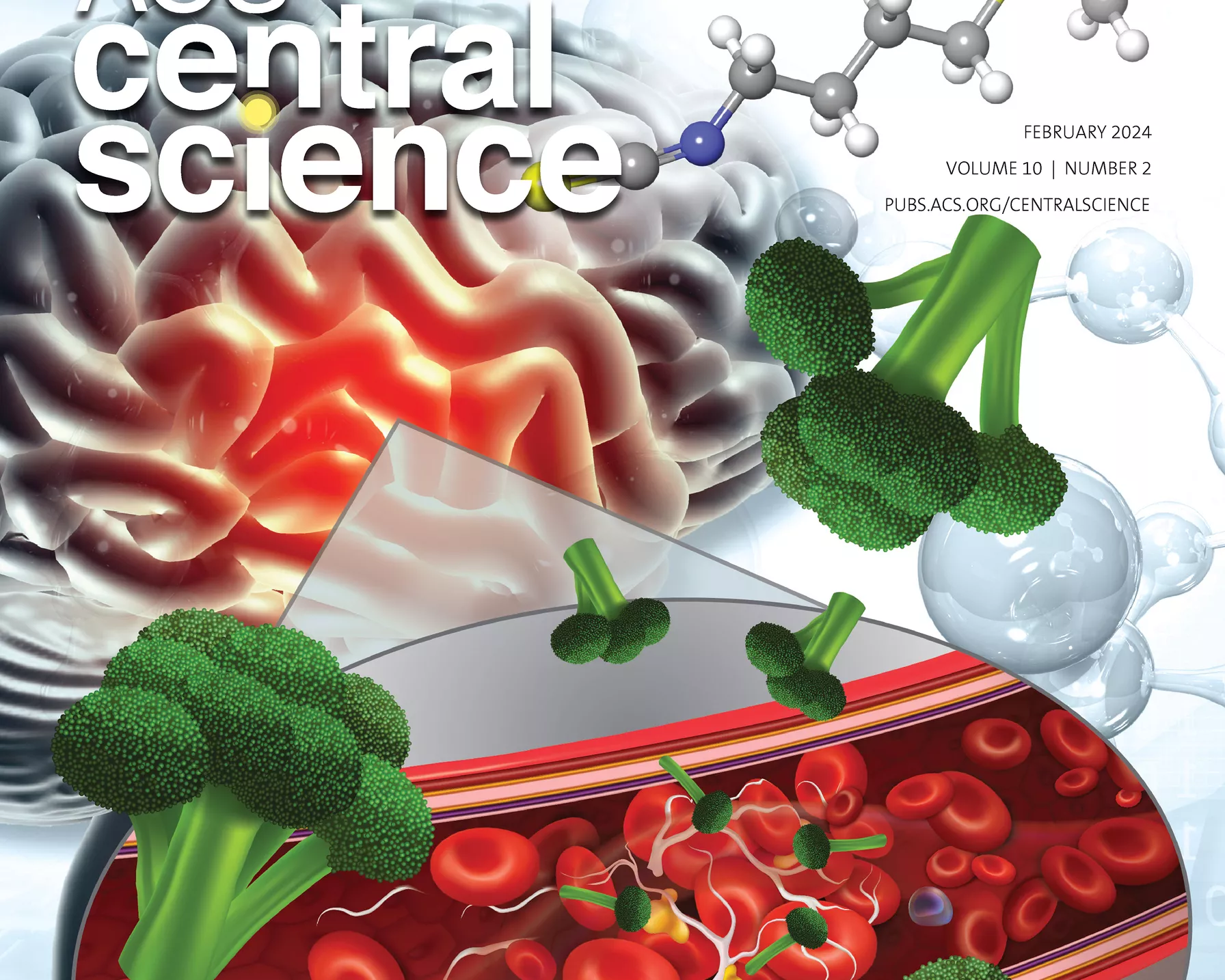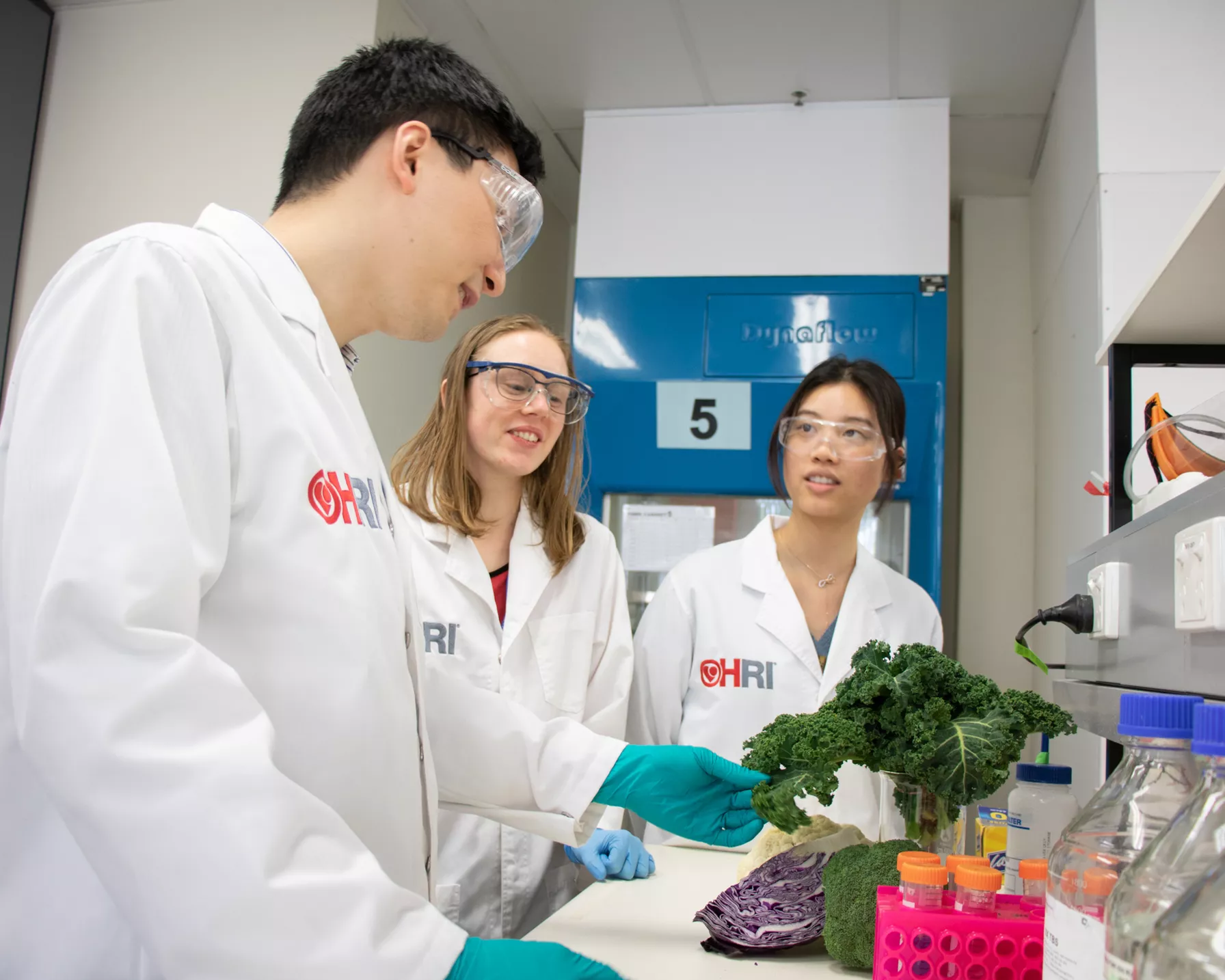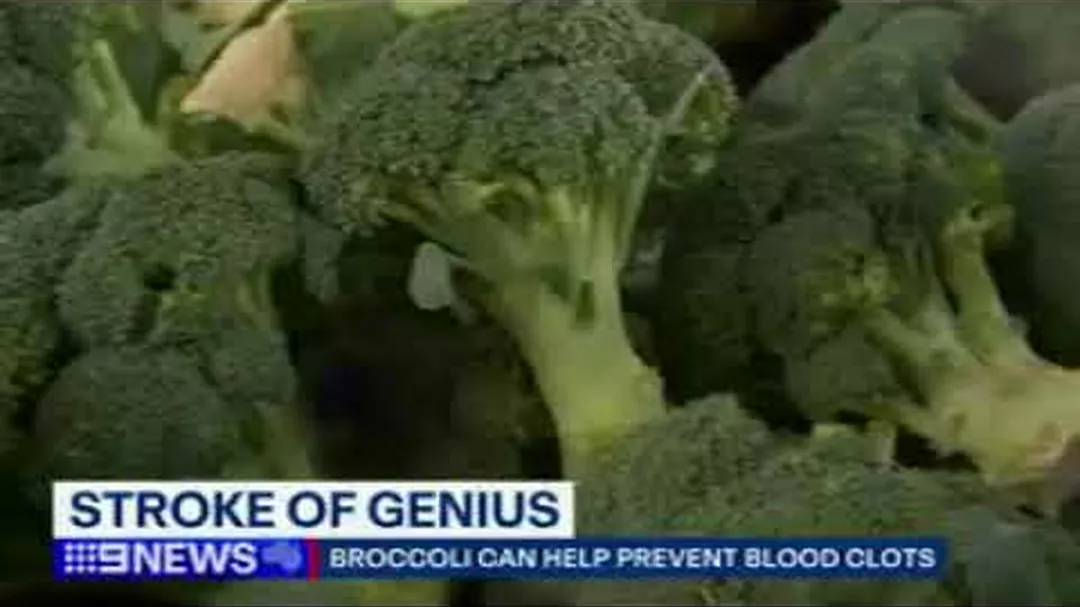
A three-year world-first study by the Heart Research Institute (HRI) has found that a common cruciferous vegetable eaten by millions of Australians every day could prevent and treat one of the nation’s biggest killers.
In pre-clinical trials, the study confirmed a natural chemical found in broccoli can reduce the formation of harmful blood clots that can in some instances lead to stroke, as well as improve the performance of clot-busting drugs afterwards.
Stroke is one of the five leading causes of death in Australia, claiming 23 lives every day.
Close to 55,000 Australians will suffer a stroke every year, often without warning, and this can happen at any age. About 85 per cent of strokes are caused by the formation of a harmful blood clot in the brain (also known as acute ischaemic stroke), which is a major cause of disability and costs an estimated $7.74 billion each year in health care in Australia.
Lead researcher Dr Xuyu (Johnny) Liu said the breakthrough paves the way for the development of new life-saving medications.
“After a patient has an ischaemic stroke, they are treated with tissue plasminogen activator (tPA), a type of clot busting medication to slow down the progression of damage to the brain. Unfortunately it is only successful in 20 per cent of cases,” Dr Liu explained.
The study was featured on the front page of ASC Central Science
Why broccoli is good for heart health
The power of broccoli-derived chemicals in stroke management
“What we found in a preclinical trial is that the tPA success rate increases to 60 per cent when the medication is given with the broccoli-derived compound. Excitingly, this naturally occurring compound does not cause any signs of bleeding, which is a common side effect associated with blood-thinning agents tested in stroke treatment.
“This means we could see paramedics treating ischaemic stroke patients with a broccoli-based medication as well as tPA on the way to hospital,” he said.
The initial testing also showed that once the broccoli-derived molecules were administered they were also able to slow down the onset of a stroke.
“Not only is the broccoli compound effective in improving the performance of clot-busting medication after a stroke, it could be used as a preventative agent for patients who are at a high risk of stroke,” said Dr Liu.
Dr Liu with PhD student Ivy Guaan (far right)
Groundbreaking study on broccoli's role in stroke prevention and treatment
The broccoli breakthrough was the work of 25-year-old PhD student Ivy Guan, who works in the research team under the guidance of Dr Liu.
Ms Guan said it’s satisfying to make a discovery that has the potential to make such a difference.
“I was originally attracted to this project because I have a strong interest in the use of natural products as medicine,” she said.
“A lot of the research I do is very limited to the lab, but this is something that can go out to the world and can impact people in normal, daily life and encourage people to be healthier.”
The research team is now turning its attention to clinical trials, with the possibility of a new preventative and anti-clotting treatment for stroke being available in as little as five years.
Dr Liu believes the drug may have a wider use in diseases where blood clotting or thrombosis has a role.
“We are very excited at having isolated a natural compound that may have huge beneficial effects. Our studies will keep exploring how highly purified compounds from vegetables may have beneficial effects in disease processes.
“We want to understand how nature is giving us gifts to improve our health. Already we have discovered another compound from a different vegetable that looks promising in thrombotic diseases,” Dr Liu said.
In the media
Broccoli weapon to fight strokes, Herald Sun, 28 February 2024. Read.
Stroke of Genius, 9News, 28 February 2024. Watch.
Broccoli breakthrough, 2GB Midday News, 28 February 2024. Listen.
Dr Xuyu Liu on 3AW Breakfast, 28 February 2024. Listen.
Dr Xuyu Liu on 2GB Healthy Living, 10 March 2024. Listen.
Broccoli derived compound could help prevent and treat stroke, www.msn.com, 5 March. Read.
Header image: Dr Xuyu (Johnny) Liu, Cardiovascular-protective Signalling and Drug Discovery Unit Leader
Related research areas





